Colin Pitchfork: Double child killer denied parole
- Published
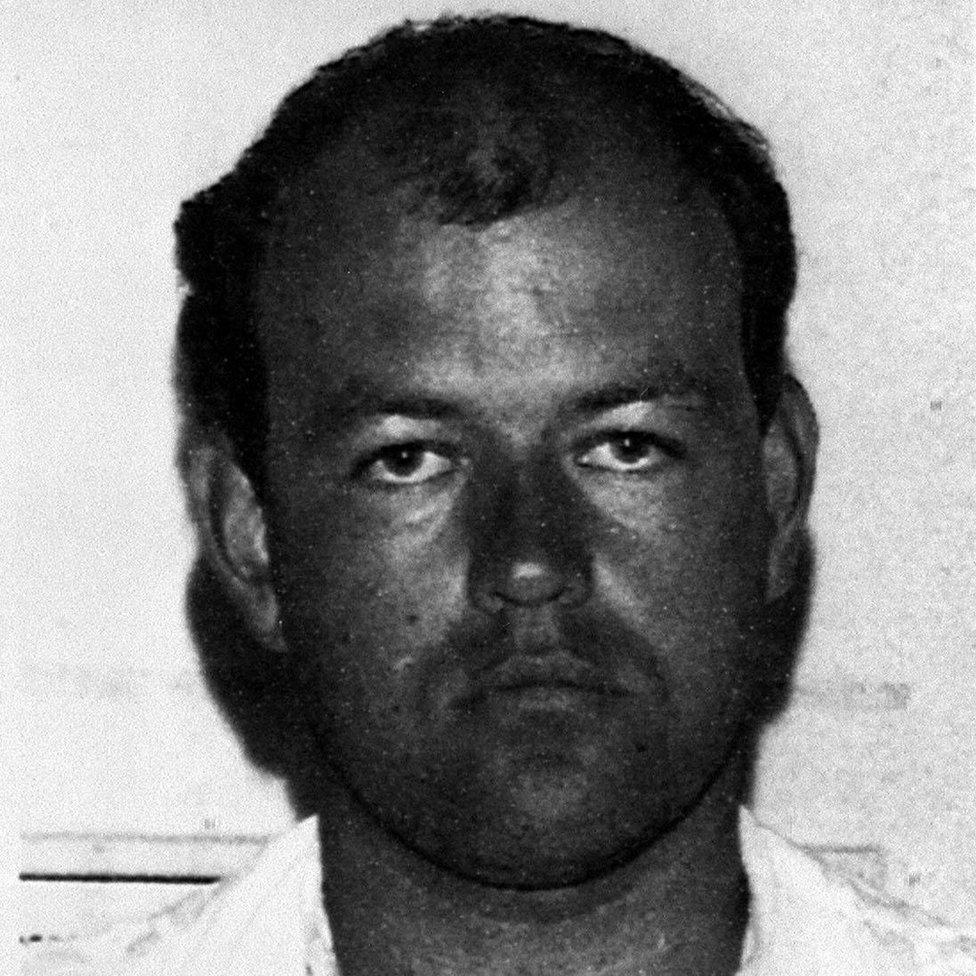
Colin Pitchfork raped and murdered two Leicestershire school girls
A double child killer who was the first person to be convicted of murder using DNA evidence has been refused parole.
Colin Pitchfork was given life sentences in 1988 for the rapes and murders of 15-year-olds Lynda Mann and Dawn Ashworth in Leicestershire.
The Parole Board said Pitchfork will be eligible for a further review within two years.
Lynda's mother said the Parole Board had "listened to us before the murderer".
Last year, it emerged Pitchfork would be released from open prison on unsupervised days out.
It had been widely expected that Pitchfork could be approaching final release from prison on parole.
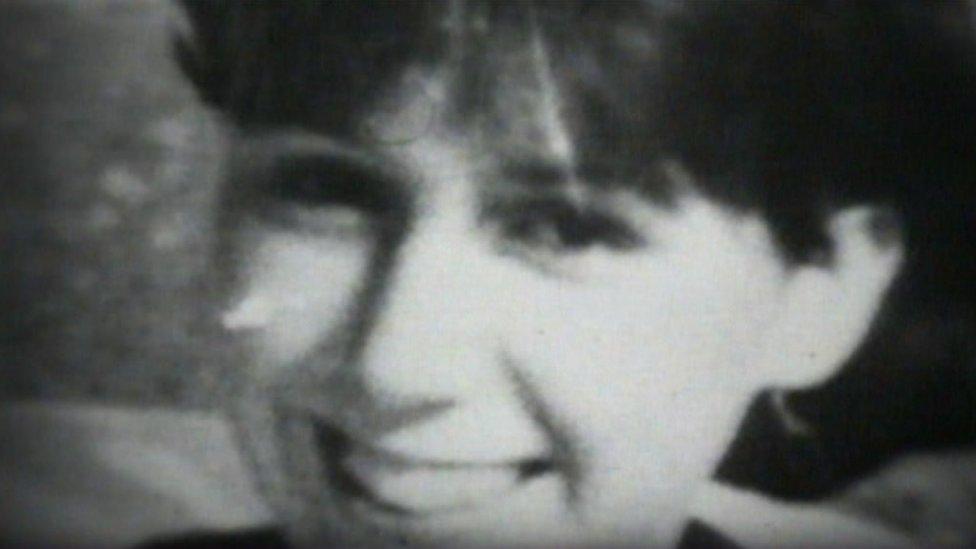
Pitchfork raped 15-year-old Lynda Mann and strangled her with her scarf
A spokesperson for the Parole Board said: "We can confirm that a panel of the board has not directed the release of Mr Colin Pitchfork.
"Under current legislation Mr Pitchfork will be eligible for a further review within two years. The date of the next review will be set by the Ministry of Justice."
Speaking to the BBC, Lynda's mother Kath Eastwood said: "At last the Parole Board have made the right decision [and] put the families of the victims first and listened to us before the murderer.
"Let us hope this continues."
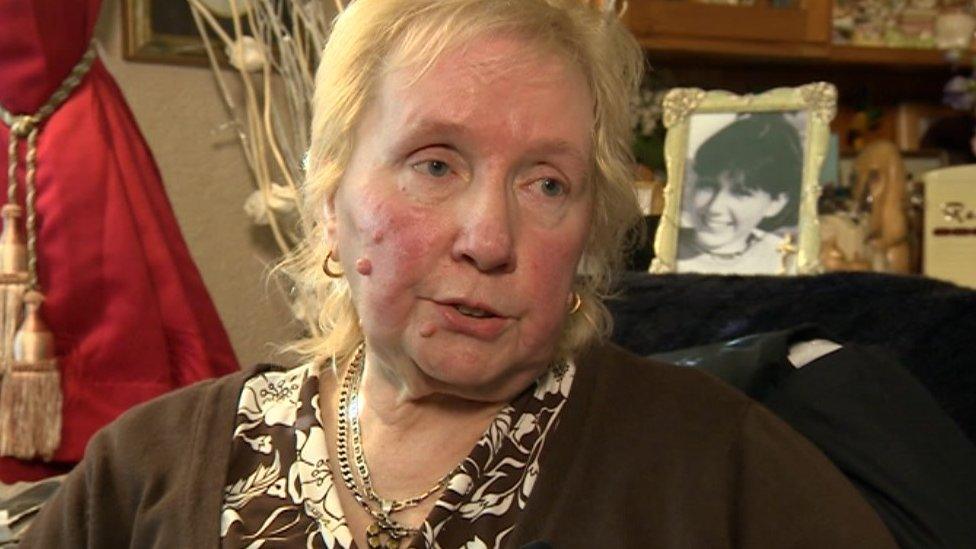
Kath Eastwood, Lynda's mother

Colin Pitchfork: Two brutal murders
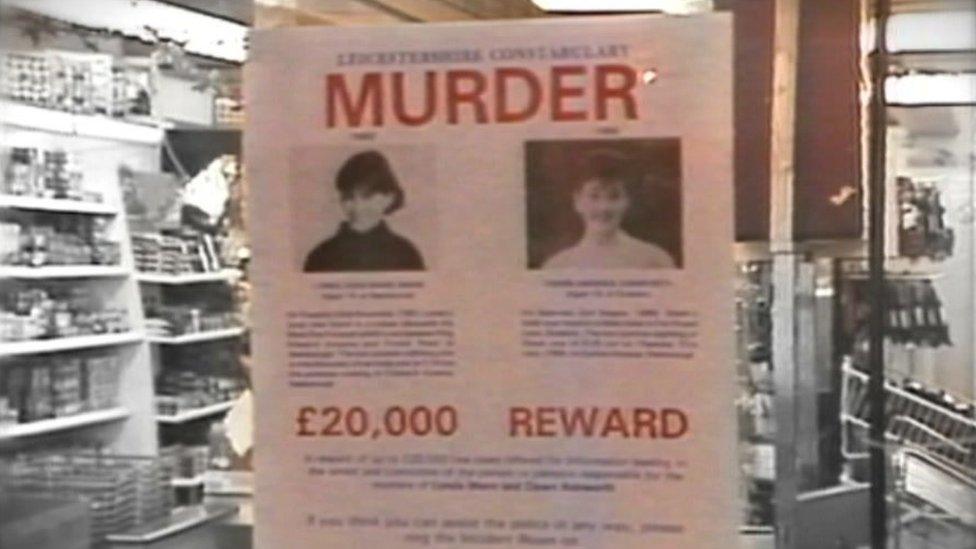
Colin Pitchfork, 22 at the time of the first murder, was married with two sons. He was a baker who grew up in rural Leicestershire and lived in Littlethorpe
In November 1983 he left his baby son sleeping in the back of his car and raped and strangled 15-year-old Lynda Mann in Narborough. He then drove home and put his son to bed
Three years later, less than a mile from where Lynda died, he raped and murdered Dawn Ashworth, also 15, of Enderby. The pathologist who examined her body described it as a "brutal sexual assault"
A police investigation initially led to the wrong man, Richard Buckland, a local 17-year-old who falsely confessed to one of the killings. After an unprecedented mass screening of 5,000 men using pioneering "DNA profiling" technology, Pitchfork was eventually caught. At first, Pitchfork had evaded justice by persuading a colleague to take the test for him
He pleaded guilty to both murders in September 1987 and was sentenced to life in January 1988. The judge said the killings were "particularly sadistic" and he doubted Pitchfork would ever be released
In 2009, his 30-year life tariff was reduced by two years, external for "exceptional progress" - a decision that was strongly criticised by the families of his victims
He was moved to an undisclosed open prison at some point prior to 8 January 2017, after his request for release

The Ministry of Justice said it does not comment on individuals.
- Published8 January 2017
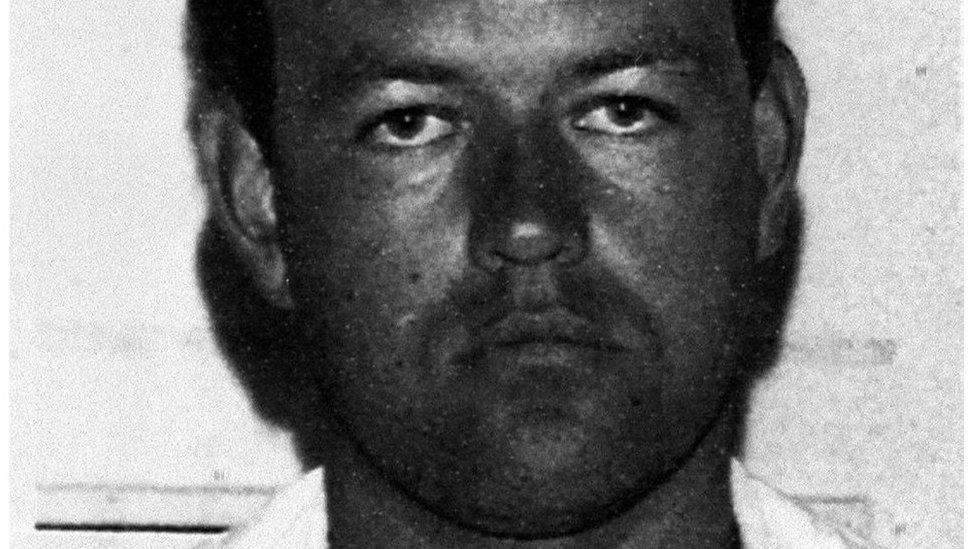
- Published8 June 2016

- Published29 April 2016
